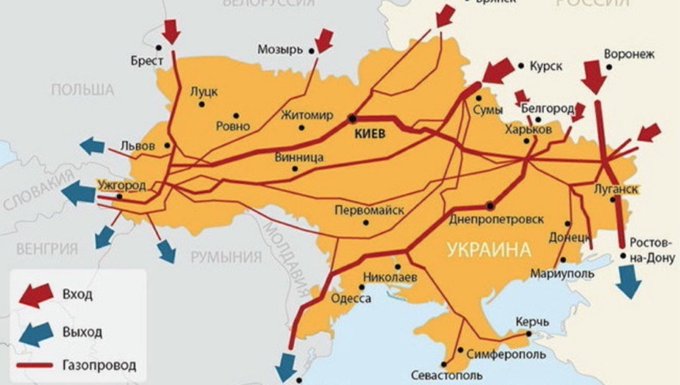Olesya Khromeychuk‘s recent University of Cambridge BASEES keynote lecture “Where is Ukraine on the mental map of the academic community?” provides a searing and necessary analysis of the colonial/imperial lenses clouding western knowledge of Ukraine.
A snippet: when asked by a journalist, one time too many, “What exactly is the difference between Ukraine and Russia?” Khromeychuk says,
“Weary of giving a proper answer, starting with Volodymyr the Great and ending with Volodymyr Zelensky, for the umpteenth time, I asked the journalist in return: ‘What exactly is the difference between Ireland and England?’ Instead of an answer, I heard a nervous giggle. We have mostly figured out the inappropriateness of asking such questions related to western empires. But we are not yet as skilled of seeing the same inappropriateness when it comes to other empires.”
The full talk, which is highly recommended, details the results of this imperial blindness among western commentators and scholars. It can be viewed here:


